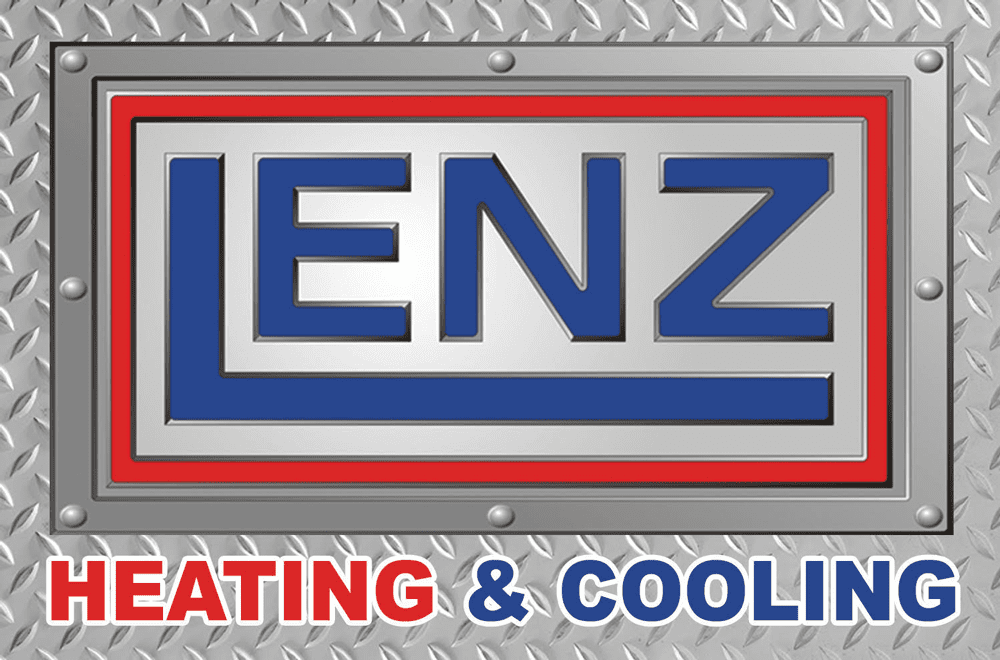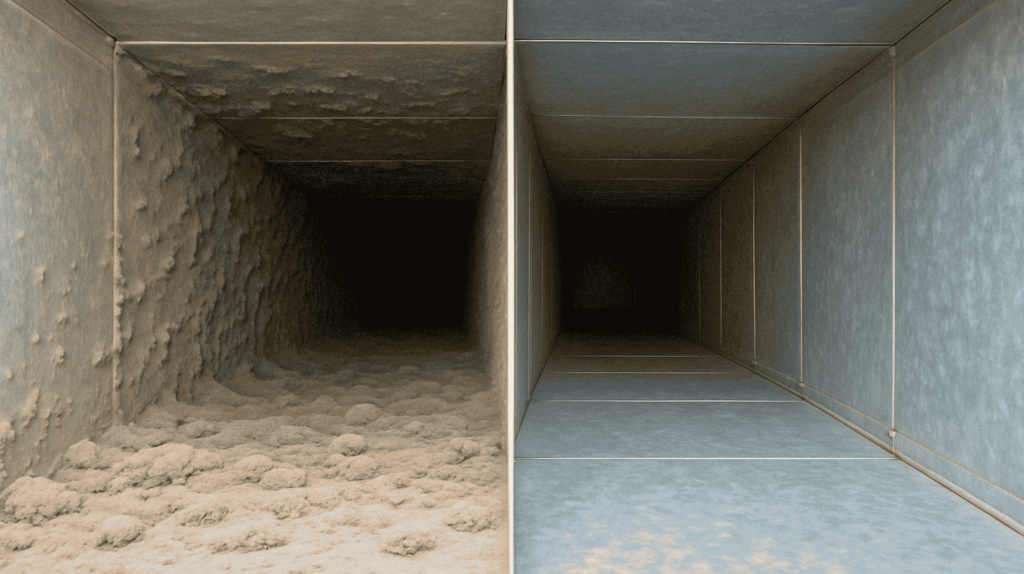In today’s world, optimizing your HVAC system for energy efficiency is more crucial than ever. With rising energy costs and the increasing demand for eco-friendly solutions, implementing energy-saving tips can lead to significant energy savings. This article delves into various strategies you can employ to maximize your HVAC system’s efficiency, reduce energy consumption, and ultimately lower your utility bills. By understanding how to maintain and operate your HVAC unit effectively, you can ensure that it operates at peak performance while minimizing energy waste.
How Can I Optimize My HVAC System for Energy Efficiency?
What are the best practices for regular maintenance of my HVAC unit?
Regular maintenance is essential to keep your HVAC system running efficiently. Hiring an HVAC technician for annual inspections is one of the best practices to ensure your heating and cooling systems are in optimal condition. During these maintenance visits, the technician will check and clean essential components such as the furnace, air conditioner, and ductwork. Additionally, it is crucial to replace air filters regularly, as clogged filters can restrict airflow and force your HVAC unit to work harder, leading to increased energy consumption and higher energy bills. Scheduling maintenance in the spring and fall can prepare your system for the seasonal demands of heating and cooling, ultimately enhancing HVAC efficiency.
How does a programmable thermostat help in energy savings?
Installing a programmable thermostat can significantly improve your HVAC system’s energy efficiency. This device allows you to set different temperatures for various times of the day, enabling you to reduce energy usage when you’re not home. For instance, you can program your thermostat to heat or cool your home to a comfortable temperature just before you arrive and allow it to adjust to a less energy-consuming level during the hours you’re away. By optimizing your HVAC system with a programmable thermostat, you can achieve substantial energy savings without sacrificing comfort.
What steps can I take to ensure proper ventilation?
Proper ventilation is vital for an energy-efficient HVAC system. Ensure that vents are not obstructed by furniture or other objects, as this can restrict airflow and force your HVAC unit to work harder. Additionally, consider using ceiling fans to enhance air circulation, allowing your heating and cooling systems to operate more efficiently. Regularly check for and seal any leaks in your ductwork, as these leaks can lead to significant energy loss and increased energy bills. By ensuring proper ventilation, you can optimize your HVAC system’s performance and reduce energy waste.
What Role Does My Thermostat Play in HVAC Efficiency?
Should I invest in a smart thermostat?
Investing in a smart thermostat can be one of the most effective energy-saving tips for your HVAC system. Smart thermostats have advanced features that allow you to monitor and control your heating and cooling remotely, ensuring that your home is at the ideal temperature when you need it. These devices can learn your habits and adjust the temperature accordingly, optimizing energy consumption based on your schedule. For example, if you frequently forget to adjust the thermostat when you leave home, a smart thermostat can do it automatically, leading to significant energy savings and improved HVAC efficiency over time.
How often should I adjust my thermostat settings?
Adjusting your thermostat settings according to your daily routine can help maximize HVAC efficiency and reduce energy costs. During the winter months, setting your thermostat to 68°F while you’re awake and lowering it when you sleep or leave the house can lead to noticeable energy savings. In the summer, aim to keep your thermostat at 78°F when you’re home and raise it when you’re away. Each degree you adjust your thermostat can significantly impact your energy consumption and utility bills, making it essential to find the right balance for your comfort and savings.
What is the impact of a thermostat on heating and cooling costs?
The thermostat plays a pivotal role in determining your HVAC system’s heating and cooling costs. An inefficient thermostat can lead to unnecessary energy consumption, increasing your energy bills. By using a programmable or smart thermostat, you can ensure that your system operates at optimal settings, thereby minimizing energy waste and saving on heating and cooling costs. A well-calibrated thermostat allows for precise temperature control, contributing to an energy-efficient HVAC system that keeps your home comfortable without using excessive energy.
How Can I Improve the Energy Efficiency of My Heating System?
What are the signs that my heating system needs maintenance?
Recognizing the signs that your heating system requires maintenance is crucial for maintaining energy efficiency. Common indicators include unusual noises, inconsistent heating, and increased energy bills. If your furnace is cycling on and off frequently, it may indicate a problem that needs to be addressed. Additionally, if you notice cold spots in your home, it could be a sign of poor insulation or duct leakage. Regularly checking your heating system for these signs can help you address issues early and ensure optimal performance, ultimately leading to energy savings.
How can I insulate my home to reduce heating costs?
Insulating your home effectively is one of the best ways to improve the energy efficiency of your heating system. Proper insulation helps maintain a consistent indoor temperature, reducing the workload on your HVAC unit. Common areas to insulate include attics, walls, and basements. Additionally, sealing gaps around windows and doors can prevent drafts and heat loss, contributing to lower heating costs. By investing in high-quality insulation, you not only enhance comfort but also achieve significant energy savings over time.
What is the seasonal energy efficiency ratio of heating systems?
The Seasonal Energy Efficiency Ratio (SEER) is a critical metric that measures the efficiency of HVAC systems, particularly air conditioning units. However, a similar measurement exists for heating systems known as the Annual Fuel Utilization Efficiency (AFUE). This rating indicates how efficiently a furnace converts fuel into heat. An efficient heating system will have a higher AFUE rating, meaning it uses less energy to produce the same amount of heat. Understanding these ratios can help you make informed decisions when purchasing or upgrading your heating system for improved energy efficiency.
What Are the Best Energy-Saving Tips for My Air Conditioning?
How can I ensure my air conditioning is energy-efficient?
To ensure your air conditioning system operates efficiently, regular maintenance is key. Schedule annual inspections with an HVAC technician to keep your unit in top shape. Additionally, cleaning or replacing air filters regularly can improve airflow and efficiency. Using ceiling fans can also help circulate cool air throughout your home, allowing you to set your thermostat a few degrees higher without sacrificing comfort. By implementing these energy-saving tips, you can optimize your air conditioning system’s performance and reduce your energy bills.
What are the benefits of high SEER air conditioning units?
High SEER air conditioning units are designed to offer superior energy efficiency compared to standard models. A higher SEER rating indicates that the unit uses less electricity to cool your home, leading to lower energy bills. Investing in a high SEER air conditioner may involve a higher initial cost, but the long-term energy savings can be significant. Additionally, these units often come with advanced features such as variable speed compressors that enhance performance and comfort, making them a wise choice for homeowners looking to reduce energy consumption.
How Often Should I Change My HVAC Air Filters?
What type of air filters are most energy-efficient?
The type of air filters you use in your HVAC system can greatly impact energy efficiency. High-efficiency particulate air (HEPA) filters are among the best options for capturing tiny particles and improving indoor air quality. However, they may restrict airflow if not changed regularly. To maintain optimal performance, it’s recommended to use pleated filters with a MERV rating of 8 to 11, as they balance filtration efficiency and airflow. Changing your air filters every one to three months can help your HVAC system operate efficiently, reducing energy consumption and extending the lifespan of your equipment.
How does a clean air filter affect HVAC performance?
A clean air filter is crucial for maintaining an energy-efficient HVAC system. When filters are clogged, airflow is restricted, forcing your unit to work harder to maintain the desired temperature. This not only leads to increased energy consumption but can also cause premature wear on your system. By regularly replacing or cleaning your air filters, you ensure that your HVAC unit operates efficiently, reduces energy waste, and minimizes energy bills. A simple task like changing your air filter can have a significant impact on your HVAC system’s performance and longevity.
When is the best time to replace air filters for optimal energy savings?
The best time to replace air filters is typically every one to three months, depending on your HVAC system’s usage and the type of filter you have. During peak seasons of heating and cooling, such as winter and summer, it’s advisable to check your filters monthly, as they may become clogged more quickly under heavy use. Additionally, if you have pets or allergies, you may need to change filters more frequently. By staying proactive about filter replacement, you can ensure optimal HVAC performance, reduce energy consumption, and achieve significant energy savings.





